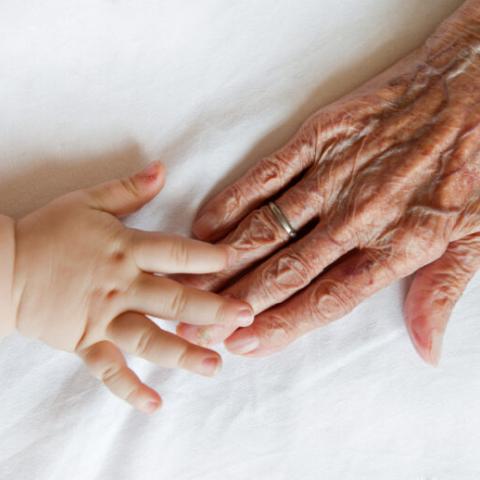With $3.5M National Institutes of Health grant, research teams from Case Western Reserve University / University Hospitals Cleveland Medical Center and NYU Grossman School of Medicine / NYU Langone Hospital hope to find out
Throughout our lives, changes in our DNA, called genetic mutations, occur in every healthy cell of the human body—mutations which have long been thought to be an important reason why our bodies age.
But it’s not known whether some people accumulate mutations at a faster or slower rate with age, and whether those differences might predict how long we live and the risk for aging-related diseases like cancer.
With a $3.5 million research project grant from the National Institutes of Health (NIH), Jonathan Shoag, a surgeon-scientist at the Case Western Reserve University School of Medicine and urologic oncologist at University Hospitals Cleveland Medical Center’s Urology Institute, and Gilad Evrony, a physician-scientist at New York University (NYU) Grossman School of Medicine and NYU Langone Hospital, seek to answer these critical questions.
Shoag and Evrony, together with a team of collaborators, will leverage new sequencing technologies in a large number of people to understand how mutations that arise throughout the lifespan may associate with the risk of aging-related diseases like cancer.
“Our study will help us understand healthy aging and define new predictors for aging-related diseases,” Shoag said. “This has the potential to allow us to try to prevent aging associated diseases sooner with clinical interventions.”
“Much remains unknown about how DNA mutations affect the fundamental process of aging, because only recently have the technologies become available to detect these changes in DNA,” Evrony said. “Studying aging-related mutations on a large scale will reveal how our genome dynamically changes throughout our lives.”
Shoag and Evrony are also part of the NIH Somatic Mosaicism across Human Tissues consortium, a multi-institutional effort designed to develop technologies to understand these mutations across the body.
For more information, contact Bill Lubinger at william.lubinger@case.edu.


